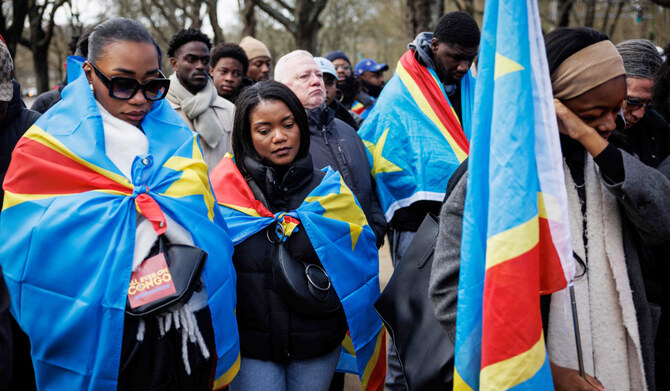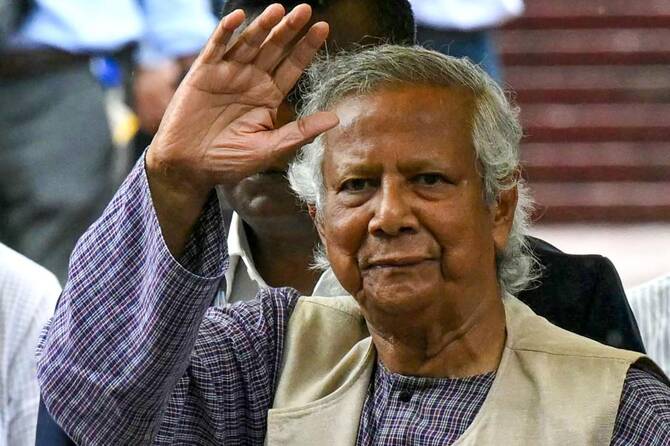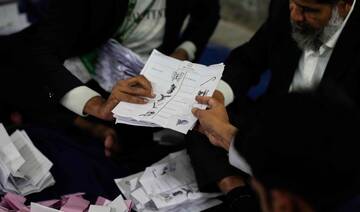DAR ES SALAAM: Leaders at an unprecedented joint summit of Eastern and Southern African regional blocs stressed on Saturday the urgency of finding a way out of the crisis in eastern Congo, where Rwanda-backed rebels’ rapid advance has fanned fears of a wider war.
In late January, the M23 rebels captured Goma, the largest city in the eastern Democratic Republic of Congo — the worst escalation of fighting in more than a decade that has left thousands dead. Despite announcing a unilateral ceasefire, they have continued to march south toward Bukavu.
“We must resist the temptation to think that we can somehow shoot or bombard our way to a solution,” said Kenyan President William Ruto at the opening ceremony.
History will judge us harshly if we remain still and watch the situation worsen, day by day.
Samia Suluhu Hassan, Tanzanian president
He and others called for concrete results from the talks in Dar es Salaam, which were attended by eight heads of state, including Rwanda’s Paul Kagame. Congo’s Felix Tshisekedi joined via video link.
“History will judge us harshly if we remain still and watch the situation worsen, day by day,” said Tanzanian President Samia Suluhu Hassan.
The first-ever summit of both Eastern and Southern African blocs points to the continents’ deep concern over the crisis and the standoff between Congo and neighboring Rwanda, which denies allegations it is fueling the conflict with its troops and weapons.
The two groupings have, so far, been broadly divided over the conflict, with the eastern bloc closer to Rwanda’s call for dialogue and southern countries backing Congo and angry over the deaths of peacekeepers, experts and diplomats said.
This fault line makes it “difficult to be optimistic” about the summit, said Stephanie Wolters, Senior Research fellow at the South African Institute of International Affairs.
Leaders must push Kinshasa to rethink its refusal to talk directly to the M23 while clearly calling out Rwandan support for the rebels and demanding this end immediately, she said.
Over the past month, M23’s lightning advances have expanded its control over North Kivu province’s lucrative coltan, gold, and tin ore mines, uprooting thousands in what was already one of the world’s most dire humanitarian crises.
Aid groups have been helping to relieve overwhelmed hospitals as health workers race against time to bury the bodies of at least 2,000 people killed in the battle for Goma amid concerns of disease spreading.
Prosecutors at the International Criminal Court say they are closely monitoring the bloodshed, where reports are emerging of rape, gang rape, and sexual slavery, according to the UN human rights office.
Ahead of the summit, the US warned of possible sanctions against Rwandan and Congolese officials, further raising the stakes for finding a solution to a conflict that is rooted in the long fallout from the 1994 Rwandan genocide and the struggle for control of Congo’s mineral resources.
The well-equipped M23 is the latest in a long line of ethnic Tutsi-led rebel movements to emerge in Congo’s volatile east. Congo’s government says it is a Rwandan proxy, which the rebel group denies.
Rwanda rejects accusations that thousands of its troops are fighting alongside M23.
But it says it is defending itself against the threat from a Hutu-led militia, which it says is fighting alongside the Congolese military.
















